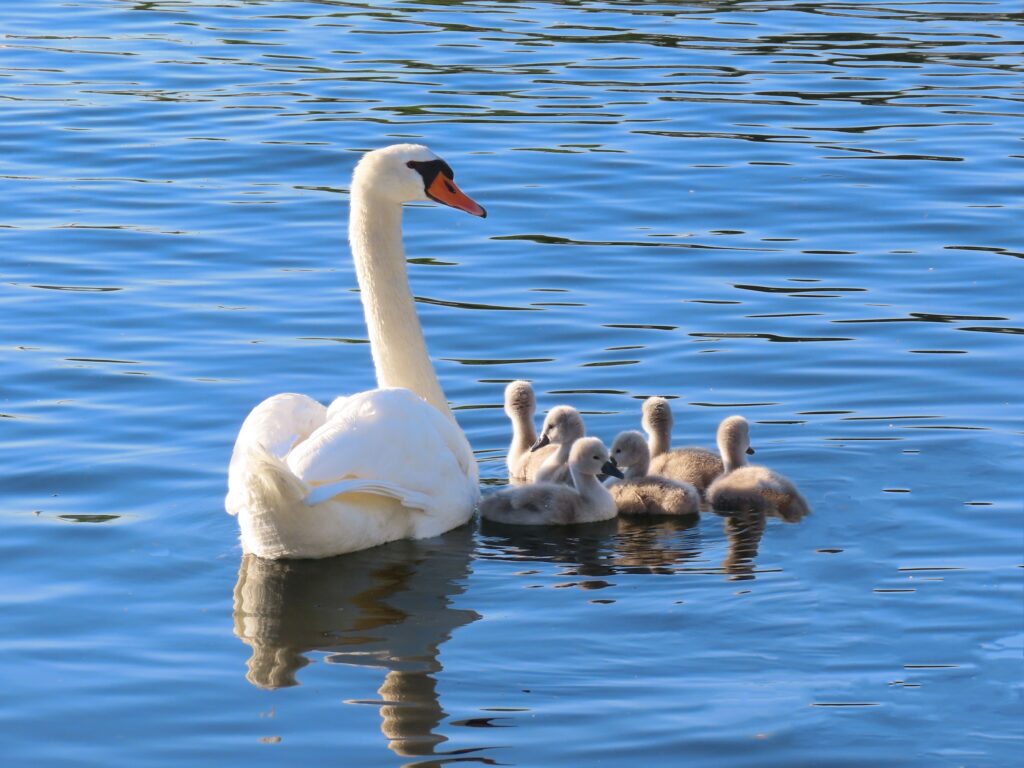This weekend we celebrate Canada Day. As Canadians we know that those of us who are immigrants are no less Canadian for having a different country of origin. Indeed, except for First Nations residents, none of us has had family here for more than a few generations. As a country, we often pride ourselves on being a nation of newcomers and are richer for our diversity.
This Canada Day let’s consider that richness relative to wildlife.
Mute Swans were brought to North America from Europe over 150 years ago. They were ornamental birds and lived in captivity in parks and on estates. Decades ago, some escaped, and a population of wild Mute Swans has existed ever since.
The first Mute Swan nest in Ontario was found in 1958, meaning they have nested here for 65 years. Mute Swans begin breeding at three or four years of age, so they have now been wild in Canada for over 18 generations.
Still, because of their origins in Europe, Mute Swans are often referred to as “non-native” or “alien.” For years, many ecologists and biologists have questioned this categorization, which typically casts non-natives as destructive. They argue that it’s time to adopt a new approach, less based on species’ origins. Mark A. Davis, Matthew Chew, Canadian Brendon Larson, and Ken Thompson have been leading thinkers in this work. Their research illustrates that “non-natives” can be benign or beneficial.
A recent study by University of Ottawa researchers reinforces their findings. That study, Good or Bad: some ‘invasive species’ can help native ecosystems thrive, confirmed that non-native species can contribute positively to regional biodiversity. They can also help native species thrive. Just one recent example comes from a University of Florida monitoring program this spring. That program found that native snail kites, which were on the brink of extinction, appear to be making a comeback because of an invasive species of snail.
Without the more nuanced view advanced by these scientists, non-native plants and animals are subject to lethal actions to reduce their numbers. In the case of Mute Swans, being called “non-native” and “invasive” results in programs that see their eggs and nests routinely destroyed by wildlife authorities so that cygnets do not hatch. Juveniles and adults are killed on federal and private property.
For them, these labels are a matter of life and death.
This Canada Day let’s celebrate our native species and also reconsider beliefs about “non-native” flora and fauna. Let’s embrace the wonders and complexities of species’ presence in our ecosystems. Let’s accept that, just like we immigrants, some non-native species have a rightful place here.

